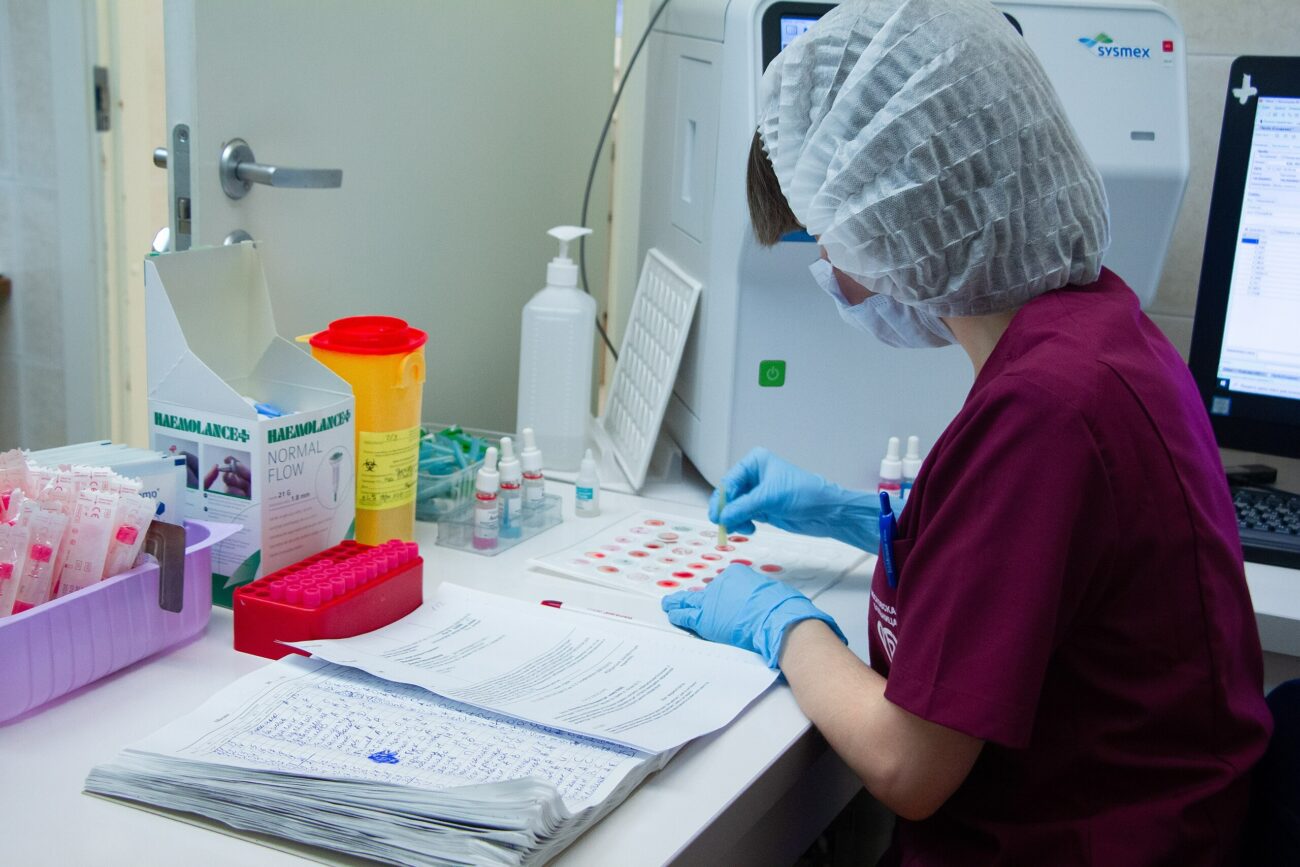Your annual physical comes back “normal,” yet you still feel exhausted and sluggish. Welcome to modern medicine’s blind spot—standard blood panels are designed to catch disease, not optimize health. They’re calibrated against reference ranges from often sick populations, making “normal” misleadingly reassuring when you’re actually sliding toward dysfunction.
A growing movement among health-conscious individuals refuses to accept this limitation. Functional medicine practitioners and wellness advocates now champion comprehensive testing that catches problems years before symptoms appear. The goal shifts from disease management to metabolic optimization.
Five Tests That Reveal What “Normal” Hides
These markers expose early dysfunction that standard panels routinely miss.
Fasting Insulin measures your body’s baseline insulin after 8-12 hours without food. While labs call 2-20 µIU/mL “normal,” experts target below 5-10 for optimal health. High fasting insulin signals insulin resistance and predicts diabetes risk even when blood sugar stays normal. According to clinical research, this single marker can identify metabolic dysfunction years before conventional panels catch it.
High-Sensitivity C-Reactive Protein (hs-CRP) assesses systemic inflammation—the silent driver behind heart disease, autoimmunity, and mood disorders. Conventional “normal” is under 3.0 mg/L, but optimal sits below 1.0 mg/L for truly low heart disease risk. Chronic inflammation underlies most modern illnesses, making early detection crucial for lifestyle intervention.
Vitamin D (25-Hydroxy) impacts immunity, bone health, and hormone function. Labs consider anything above 30 ng/mL “sufficient,” but optimal ranges between 50-80 ng/mL, especially for those with limited sun exposure. Deficiency is widespread and linked to increased risks for cancer, infections, and seasonal depression.
Omega-3 Index measures EPA and DHA as a percentage of red blood cell membranes. An index of 8% or higher correlates with lowest heart disease risk, yet most people hover around 4-5% due to seed oil-heavy diets and minimal fish consumption. This test directly reflects your dietary omega-3 sufficiency and cardiovascular protection.
Full Thyroid Panel goes beyond basic TSH to include:
- Free T3
- Free T4
- Reverse T3
- TPO antibodies
Millions suffer undiagnosed thyroid dysfunction because doctors only check TSH, missing conversion problems and autoimmune conditions that cause fatigue, weight gain, and mood swings. The comprehensive panel reveals whether your thyroid converts storage hormone T4 into active T3.
Getting these tests requires strategy:
- Request them directly from your doctor using prevention-focused language
- Self-order through online lab services
- Consult functional medicine practitioners who routinely dig deeper than surface symptoms
The movement toward comprehensive testing isn’t about hypochondria—it’s about refusing to wait until you’re sick to take action. Your health deserves better data than “normal.”


















